Pre-procedural patient instructions

If you are identified as a candidate for any of our office-based procedures, there are some considerations prior to, during, and following your procedure.
General Instructions
Please continue to take your blood pressure pills, seizure medications, asthma medications, thyroid medication, pain medications as prescribed/scheduled.
- If you are allergic to LATEX, please tell the physician immediately.
- If you are pregnant or think you might be pregnant, please tell the physician.
- If you have been to the emergency room for untreated or uncontrolled Asthma or COPD in the last year, please make the ordering provider and the anesthesiologist aware.
- If you have had any cardiac stents placed in the last year, please make the ordering provider and anesthesiologist aware.
- Please arrive 30 minutes before your appointment time. This allows us time to complete the necessary paperwork and nursing assessments prior to the procedure.
- Wear loose fitting clothing the day of your procedure
Transportation
If you are receiving anesthesia for your procedure, please coordinate, in advance, a safe way to get home. Some options for you could include ride share apps, friend or family escort, or taxi service.
Anesthesia
Based on your medical history, we currently offer different types of anesthesia for our procedures in this office, including local anesthetic, moderate sedation and deep sedation.
- For your safety, we can only offer you any form of sedation or anesthesia if you follow the safety guidelines.
- No eating or drinking starting the night before your procedure.
- Alert the nursing staff and physician of any and all blood thinners you are taking and when you last took your blood thinner. Refer to below.
- You must arrange for safe transportation home. You must arrange for safe transportation home.
- If you are diabetic, please check your blood sugar the morning of the procedure and report this result to the nursing staff.
- Do not take any medication or substance that is not prescribed for you by a licensed physician.

Anticoagulation Medications
Please make one of the providers here aware if you are taking anticoagulation medication, or if you have a history of heart attacks, blood clots, or dysrhythmias, such as atrial fibriliation.
Examples of common anticoagulation medications
- Aspirin or aspirin containing medications (such as Excedrin) Stop 7 days prior to procedure
- Brilinta (tricagrelor) Stop 5 days prior to procedure
- Coumadin (warfarin) Stop 5 days prior to procedure
- Eliquis (apixaban) Stop 3 days prior to procedure
- NSAIDs (Ibuprofen, Naproxen, Aleve, Diclofenac, Mortin, Advil, Mobic, Duexis, Zorvolex, Zipsor, Vivlodex, Meloxicam, Voltaren, Arthrotec, Relafen, Indocin, Celebrex or similar anti-inflammatory medications etc.) Stop 3 ~ 5 days prior to procedure
- Plavix (clopidogrel) Stop 7 days prior to procedure
- Pradaxa (dabigatran) Stop 2 days prior to procedure
- Xarelto (rivaroxaban) Stop 2 days prior to procedure
- Vitamin E Stop 3 days prior to procedure
- Do NOT take NSAIDs (Ibuprofen, Naproxen, Diclofenac, Aleve, Mortin, Advil, Mobic, Duexis, Zorvolex, Zipsor, Vivlodex, Meloxicam, Voltaren, Arthrotec, Relafen, Indocin, Celebrex or similar anti- inflammatory medications etc.) 3 ~ 5 days prior to your procedure (Acetaminophen = Tylenol is acceptable)
- Do NOT take Vitamin E, Fish oil, Garlic, Ginki, Ginseng 5 days prior to the procedure Do NOT take Vitamin E, Fish oil, Garlic, Ginki, Ginseng 5 days prior to the procedure
- If you are not sure, please feel free to ask us or call your local pharmacist.

